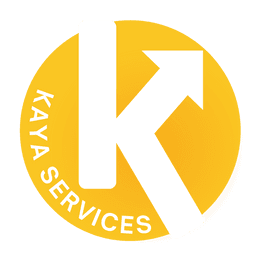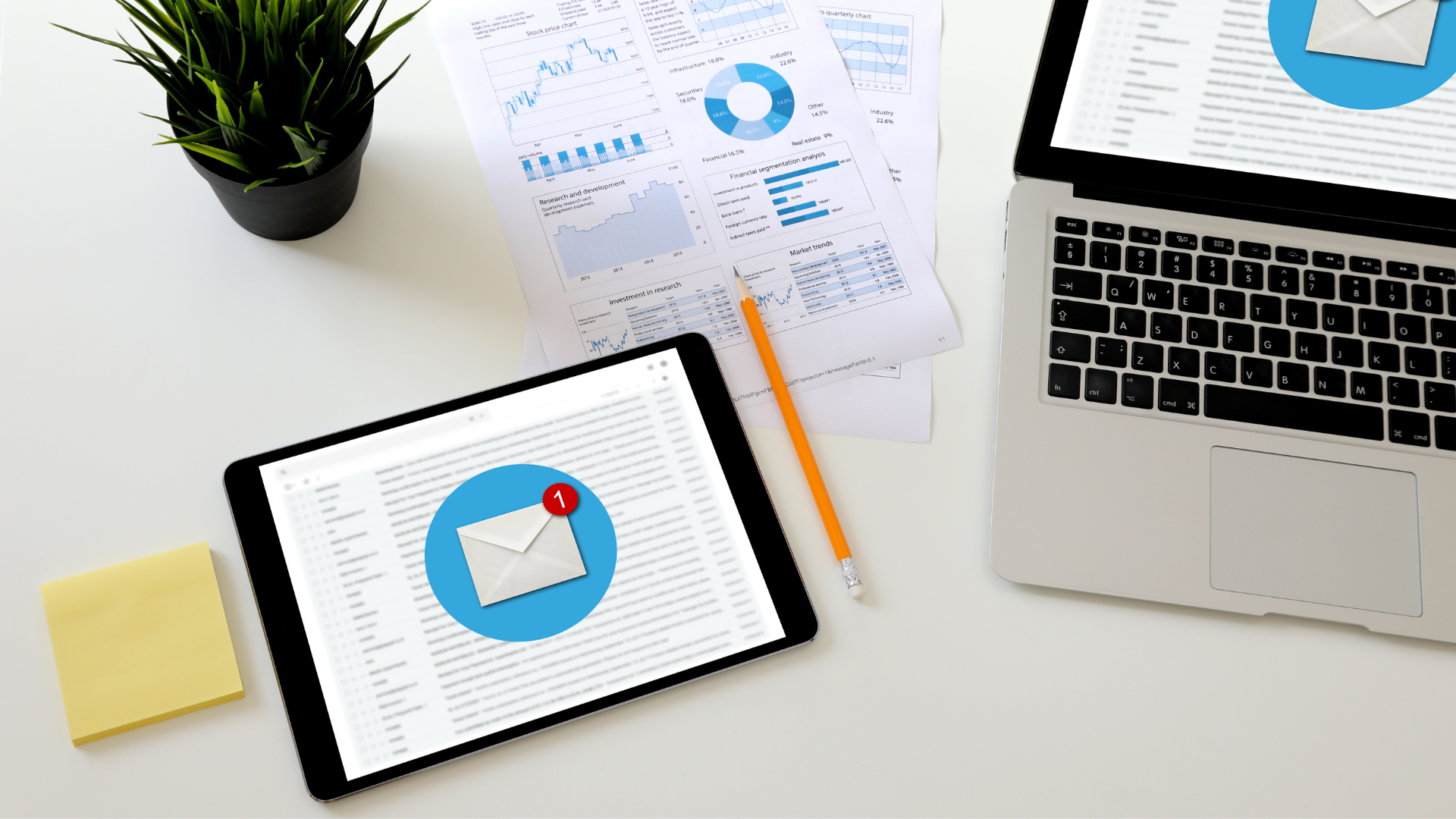One morning, I woke up early, took deep breaths, and stretched my muscles before leaving my bed. I started to prepare food for my family and of course, brewed my coffee. As I open my door and bask in the sunshine seeping through our window, it suddenly hits me: I love to wake up in the morning and do everything for my family before looking through my emails on my phone and opening my laptop to start writing.
Then I thought, have I always been so relaxed to the point of freely doing what I love to do most before and even in-betweens of my work? These thoughts creep in every time and I ask myself questions like,
“Am I being unproductive because of this?”
“Should I feel ashamed of not prioritizing work first?”
“What are the things that I should be doing now?”
Psychologists call a scenario where you focus more on what you need to do instead of what you already accomplished as the Zeigarnik effect— a tendency of a person to remember interrupted or unfinished tasks more than the tasks that have been completed.
That’s why I feel guilty over spending time cleaning what I have been meaning to clean or playing with the kids for a while before I get back to writing again because I always think about the things that I need to do, thinking that I have not done enough work for the day.
Other times, I feel so obsessed with work that I shut down all other things including my kids that only want my attention even for just 5 minutes. I keep myself “busy”, focused on the quantity of work that I can accomplish throughout the day.
Experts call this scenario as the completion bias–a tendency where you want to complete a task no matter what because of the satisfaction you get after finishing a task.
For instance, ticking off your to-do lists such as checking and answering phone calls, emails, social media platforms, and websites, and little household chores on the side, feeling that you can do more and be more productive without realizing that you haven’t even made a bit of your actual work. Or you targeted to write 10 articles in a day but end up writing 10 articles, without punch and substance, for the sake of checking them off your list.
Completion bias can also keep you from doing more important and larger tasks because you want to finish the smaller, easier ones first to be able to say that you had a lot of accomplished tasks and feel good about it. But when you look back at the end of the day, you see that you spent your whole day on small tasks.
Both feelings of being too relaxed and too inclined to ticking off your to-do list make you feel that you could have done more. It makes you think of,
“Were the things I accomplished “enough” to say that I have been really productive?”
Both of these scenarios lead to productivity shame.
3 things that productivity shame do to you
Productivity shame is an unsettling feeling of distress or humiliation when you fail to meet unrealistic expectations and goals for yourself. You beat yourself until you finish your tasks so you could feel good and positive again.
“Productivity shame is an unsettling feeling of distress or humiliation when you fail to meet unrealistic expectations and goals for yourself.”
1. Productivity shame affects your mental health.
It robs you of your creativity and happiness. It creeps inside you and eats you alive every time you don’t finish one task or you only finish smaller, easier tasks for the day, thinking that you could have done better.
Think of it this way. When you browse your Facebook or Instagram and see one of your friends or colleagues having the best time of their life because of a successful business or career, somehow you feel that you could have done better or “enough” to be as successful as the one you are looking at.
2. Productivity shame equates your self-worth with your work productivity.
It makes you feel miserable and little when you think that you did not do enough or should have done better.
Our world today, may it be in our work or in our personal lives, makes us feel that we are more valued or people think highly of ourselves because of the many things that we accomplished. That’s what productivity shaming does. What we forget to realize is that our value is much more than the things that we could do. Self-worth is an internal state of our beings that comes from self-understanding, self-acceptance, and self-love. Being productive in your work does not define your worth as a person.
3. Productivity shame confuses you of your boundaries between work and personal life.
It makes you feel ashamed of spending time with your kids or listening to a podcast for meditation instead of doing all work, thinking you’ll be more productive.
In industries like Agriculture, productivity refers to the measure of the quantity of output with the given amount of inputs. Just like in Agriculture, other industries even in a remote workplace, most companies and businesses gauge worker productivity in the number of outputs per hour or the efficiency of a person in converting inputs into useful outputs.
But remember, we are not fields that allow bountiful harvests. We are not machines that operate the way they are manufactured. While this can be applied in other production lines, it is not applicable when it comes to personal productivity. Productivity should be defined as getting important things done efficiently and consistently.
When productivity shame is left unchecked, this feeling of “never enough” will eventually leave you overwhelmed, stressed, and burned out at the end of the day.
So what can we do to end this feeling of productivity shame?
Here are 5 strategies that you can do to alleviate the vicious cycle of productivity shame.
1. Change your perspective about productivity.
Productivity is a measure of outputs not your value as a person. Never equate your self worth with your productivity and accomplishments. Your worth is not based on the number of outputs you produce at the end of the day or week. If you do this, you will always feel productivity shame, leaving you either succumbing to distractions or to the “busyness” of completing non-essential, easy tasks.
2. Focus on the more important, meaningful tasks.
Instead of doing small, non-essential, easy-to-do tasks, why not focus your energy on the bigger and more important tasks.
As the saying goes, “Never chew anything that you cannot swallow.” Likewise, never start something that you cannot finish. So instead of setting impracticable big goals, set goals that are achievable within a specific timeframe. Goals are there to motivate us but can also make us feel discouraged if we do not succeed in finishing one goal right away. But what’s more important than the end result is the process and progress you are making in achieving your goals one chew at a time.
3. Never compare your work with others. Appreciate your own progress and work.
In the digital world, we are bombarded by vast portraits of people that are successful in their field of expertise, businesses, and careers as their accomplishments and successes parade on several social media platforms.
One author says,
“Happiness is found when you stop comparing yourself to other people.”
When you stop being hard on yourself because you compare your work with others, then you would find the joy in your own work and accomplishments without feeling ashamed and belittling your self-worth.
4. Distractions will always be present.
We, as human beings are interconnected with other people, do other priorities and responsibilities besides work, and technically, we are breathing and living organisms.
What I’m trying to say is that there will always be distractions especially in a remote work setup: emails and messages from the boss and coworkers, your kids asking you to make them sandwiches, the pets that beg you to walk them in the park, your parents that visit you for the longest time, and your body that needs nourishment, healing, and rest. All of these can come while you are working.
And it’s okay because some distractions are inevitable. The important thing that you should do is how you deal with them.
5. Set a baseline for your definition of a productive day.
Freelance writer Stephen Altrogge mentioned in one of his articles that for you to not get trapped in productivity shame, you need to set your own definition of what work is “enough” and what a productive day or week looks like.
He suggested that you use tools that can record the total time hours you spend every day on each task and show productivity trends so you could see and define what a productive day looks like. This will serve as your baseline so you could really see your progress every time you log in instead of thinking that you are not doing enough.
John C. Maxwell said,
“I always try to remember that I am a work in progress. When I maintain that perspective, I realize that I don’t have to be perfect.”
Knowing that we are a work in progress should make us realize that it is sometimes okay if we fail to accomplish tasks, get blinded by distractions, and even burn ourselves to work just to feel good about what we could accomplish.
But we can overcome these by maintaining the same perspective, that we are a work in progress: we can always improve our work and make better versions of ourselves.
As long as you start chewing on the more important and bigger tasks bite after bite, loving your worth over productivity, prioritizing quality over quantity of work, accepting the presence of distractions, and allowing yourself to rejoice on your personal accomplishments, then you can win over the cycle of productivity shame and be genuinely efficient and productive in work and in life.






